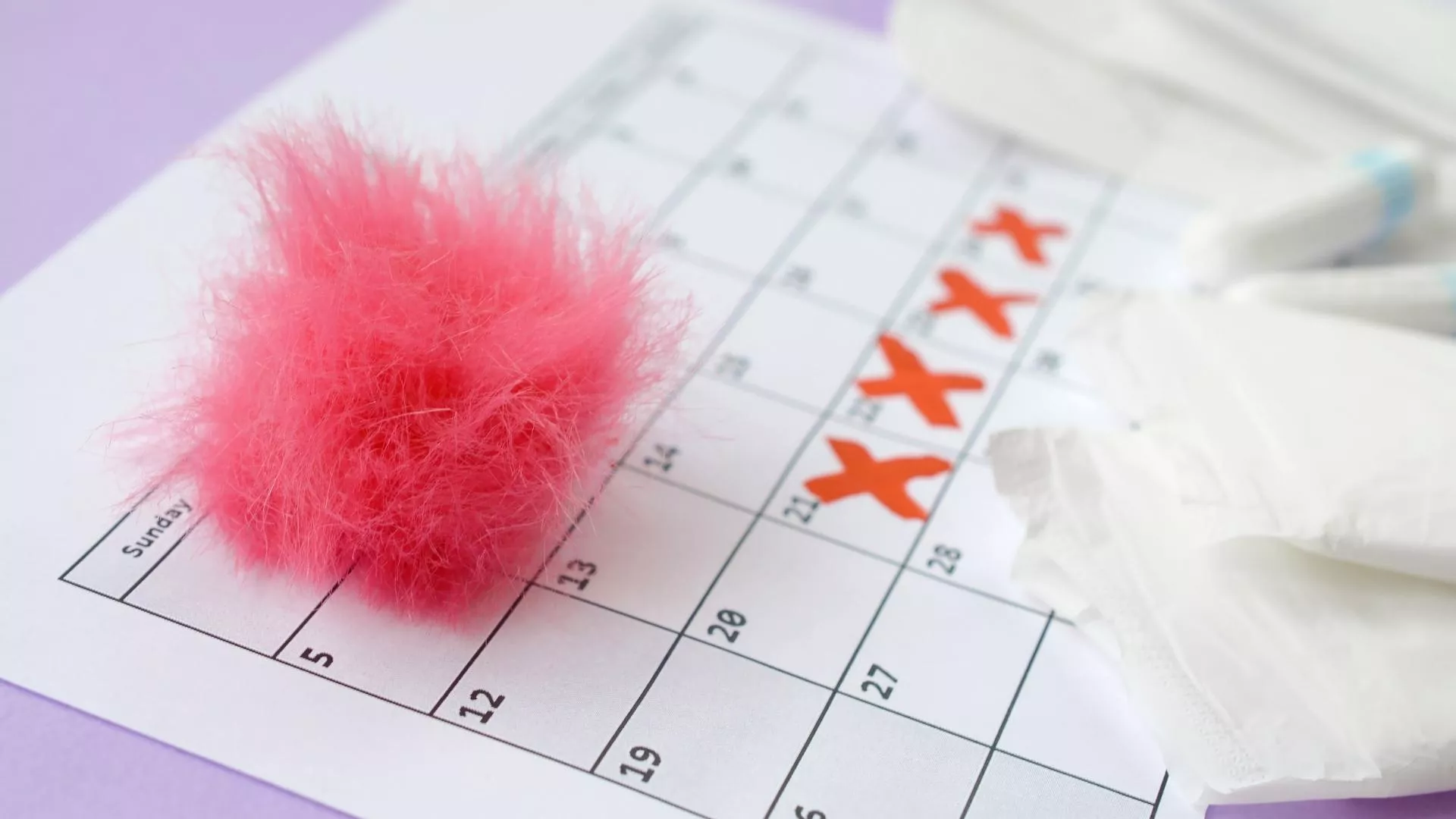
Gynecology Menstrual Irregularity
- Gynecology Menstrual Irregularity
- Menstrual Irregularity Treatment
In women of healthy reproductive age, menstrual frequency should be between 21 and 35 days. In other words, it should not be less than 35 days and not more than 21 days. If the frequency of menstruation is shorter than 21 days, there is a menstrual irregularity. Menstrual pattern other than these two values is considered abnormal. In this case, the situation should be determined and treated immediately. In exceptional cases, there may be disruptions in the menstrual cycle, irregularity in menstruation may occur during the transition years to puberty and during the transition to menopause, and this is normal. In the simplest terms, menstruation means shedding of the uterine tissue by bleeding. It consists of 3 phases in total.
- In the first stage, the egg is selected in the follicle stage and provides maturation.
- In the second stage, the maturing egg bursts and this stage is called the ovulation stage.
- In the third stage, it is the stage where the egg is thrown towards pregnancy or the egg cannot meet with the sperm and is thrown out through bleeding.
Menstrual Irregularity Treatment
At the treatment point, hormonal or surgical treatment can be applied. In some cases, drug therapy can also be applied, taking into account the age factor of the patient. Menopause questioning should be done in every non-menstrual woman, regardless of age. Now time has shown us that a 20-year-old woman may have entered menopause. Family history is another important consideration.
It should not be forgotten that menstrual irregularity may also occur due to hormonal reasons. If the hormone prolactin is interrupted, it causes the cessation of menstruation. Diabetes, excessive exercise, excess weight, stress is among the main factors that cause menstrual irregularity.
Severe life-threatening cases, severe nutritional disorders, bulimia nervosa anecryosis nervosa are again the main causes of menstrual irregularity.
Menstruation has started to become irregular in women over 40 years of age. At this age, when the menopause period approaches, menstruation should last between 3-8 days on average and there should be an average of 2-3 pads of bleeding per day. It is normal to see around 10-13 periods during the year. The doctor should be consulted for painkillers to be used during menstruation. In addition, it is a wrong idea to think that if the menstrual period is high, the amount of dirty blood coming out of the body will also be high. Excessive bleeding will cause many diseases such as anemia and iron deficiency in women.
The blood clotting pills or blood clotting pills to be used increase bleeding and cause bleeding during menstruation.
Since menstrual irregularity can happen at any age, it is an issue that must be treated medically, and there should be a treatment process under the supervision and control of a doctor.





